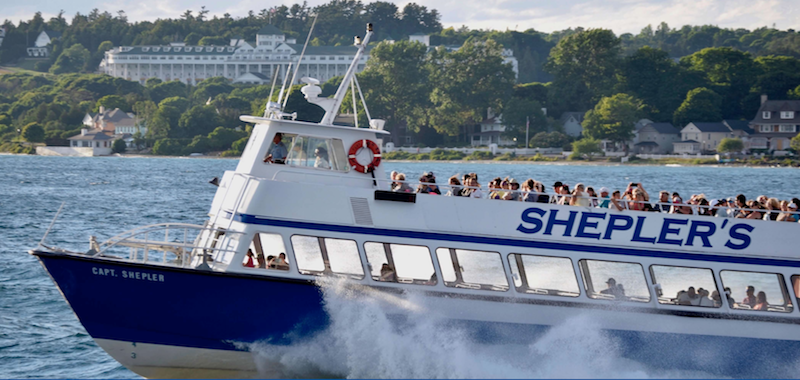For me, the New Year has always been a time of hope and inspiration. After the trials and tribulations of 2020, I am optimistic about prospects for the New Year. I am hopeful that our nation will emerge from the debilitating effects of the coronavirus, that a vaccine will become widely available, our citizens will be protected, and small businesses like mine will be able to begin the long journey to renewed health.
I also have several items that could be significant for the passenger vessel industry and possibly for the entire U.S. maritime industry in 2021.
The first is “sailing short.” Sailing short has been a long-term issue for our international friends and the bluewater industry. The practice is not widely recognized in the U.S. During a recent cruise while I was captain, my chief engineer became ill. Our oiler called me to report that the engineer needed to get off the vessel and go to the emergency room immediately. I turned the vessel around and headed directly to our dock, which was not far away. While we were waiting for the ambulance, I called the Coast Guard to inform them that we were going to “sail short” for the remainder of the cruise. To compensate for the loss of the chief engineer, I reassigned the oiler as the chief engineer and took one of our trained crewmembers and made him the oiler. This is all explained in the Code of Federal Regulations (CFR 46, Chapter 1, Subchapter B, Part 15, Subpart G, 15.725 Sailing Short). I followed up with the Coast Guard who told me that I had handled the situation correctly. They appreciated the mutual learning experience. I share this with the hope that this information will be valuable to all mariners.
At the beginning of the coronavirus pandemic, there was a great deal of concern about how the Coast Guard would conduct annual vessel inspections. Would they conduct these inspections in person, and how would we prepare for inspections with most of our crew either furloughed or laid off? As it turns out, the Coast Guard was creative and implemented a program of virtual vessel inspections. The program was launched quickly and members of the Passenger Vessel Association (PVA) said they felt that the program was effective. I would not be surprised if virtual vessel inspections become an option after we emerge from this pandemic.
The National Transportation Safety Board (NTSB), because of its investigation of the M/V Conception dive boat fire, has again called for passenger vessel operators to adopt safety management systems (SMSes) to underpin its risk management activities. While the NTSB does not have any regulatory authority, the Coast Guard is expected to develop rules which will make this a regulatory requirement. Luckily, PVA, in anticipation of such a move, has developed a SMS program called Flagship. The strength of the program is that it is scalable to companies of all sizes. I believe this important PVA program will make it easy for passenger vessel operators to adopt SMSes quickly and effectively.




